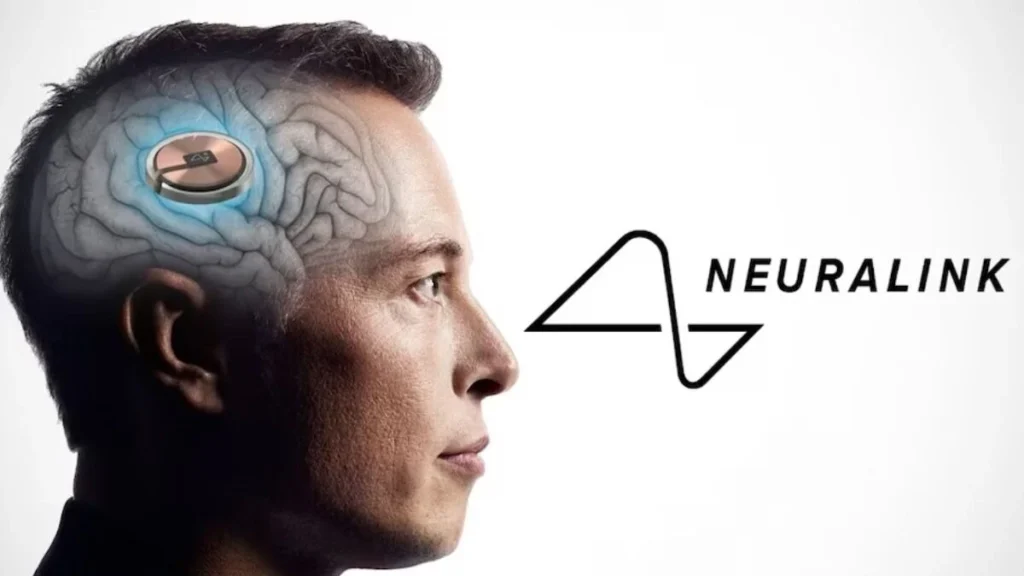Elon Musk’s Neuralink is set to begin a groundbreaking clinical trial in October 2025, targeting individuals with severe speech impairments. The trial will test the company’s brain implant technology, which is designed to translate neural activity into text, offering patients with spinal injuries or stroke-related disabilities a new way to communicate.
How the Technology Works
The implants are surgically placed in the brain and aim to detect signals associated with speech or intended communication. These neural signals are then converted into digital text in real time, allowing participants to “speak” through devices without vocalizing words.
Neuralink has previously demonstrated the technology’s potential in animal studies, where monkeys were able to control computers using only their thoughts. Moving to human trials marks a significant milestone in the development of practical applications for individuals who cannot speak due to injury or neurological conditions.
Restoring Communication
“This trial represents a major step toward restoring communication for people who have lost the ability to speak,” said a Neuralink spokesperson. “Our goal is to help participants regain autonomy and interact with the world in ways that were previously impossible.”
The initiative underscores the growing intersection of neuroscience and technology, as brain-computer interfaces advance toward real-world medical applications. While surgical risks exist, researchers are optimistic about the transformative potential for speech therapy and accessibility.
Future Applications
If successful, the trial could pave the way for broader adoption of neural implants, extending beyond speech assistance to applications in mobility, cognition, and more. The technology offers hope to millions affected by neurological conditions, signaling a new era in human-computer interaction and medical innovation.

